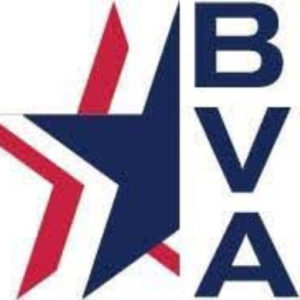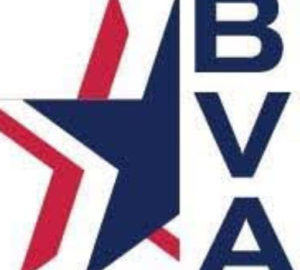By Timothy Hornik, BVA Chief of Staff
The Department of Health and Human Services (HHS) Office of Civil Rights has proposed an update to the implementation of Section 504 of the Rehabilitation Act of 1973 as amended. The update directly impacts several key provisions of BVA’s legislative priorities regarding the accessibility of medical equipment and devices; rights to self-determination and autonomy in medical decisions; and mandating conformity to the Web Content Accessibility Guidelines (WCAG) for all healthcare websites and portals, mobile applications, and self-service kiosks.
This update regarding how individuals with disabilities engage in healthcare-related action is the first one in the 40-year history of Section 504.
BVA is publicly expressing strong support for the proposed update. Although we as blind and low vision veterans have bravely fought for our country, too often our healthcare providers focus on our disability and overlook our capability, denying us our basic right to independently access medical devices and equipment, make important medical determinations affecting our future, and utilize healthcare web portals, mobile applications, and kiosks that lack accessibility to our population. We commend the Biden-Harris Administration for recognizing this deficiency through continuous efforts within the federal government to ensure diversity, equity, inclusion, and accessibility.
Previous BVA efforts focused on the implementation of Section 504 and Section 508 within the Department of Veterans Affairs (VA), and HHS’s proposed rulemaking builds upon those efforts. After all, it is through BVA’s efforts that the Veterans Accessibility Act of 2019 was passed to ensure that VA appropriately implement WCAG throughout the Department. Likewise, BVA has advocated with VA’s Prosthetic Services and Sensory Aids and Blind Rehabilitation Service to ensure that veterans’ preferences for accessibility are accounted for in the selection and issuance of devices issued to veterans. Unfortunately, this is only the first step.
BVA is currently attempting to keep these efforts moving forward. Implementation of the HHS update will most certainly have a positive impact that is desperately needed as we still receive reports from our members that both VA and community healthcare providers are issuing to veterans with sight loss only inaccessible Constant Positive Air Pressure (CPAP) devices due to the lack of accessible options on the market. Additionally, constant monitoring of glucometers remains problematic for blind individuals. Without pressure from HHS upon the greater healthcare world, this will remain the status quo.
If you have experienced barriers in accessing appropriate healthcare services, or have been ignored by your healthcare team, or have received only inaccessible devices, send an email today to bva@bva.org and tell us your story. Through your feedback we will continue to challenge the healthcare sector to become more accessible to blind and low vision veterans.


